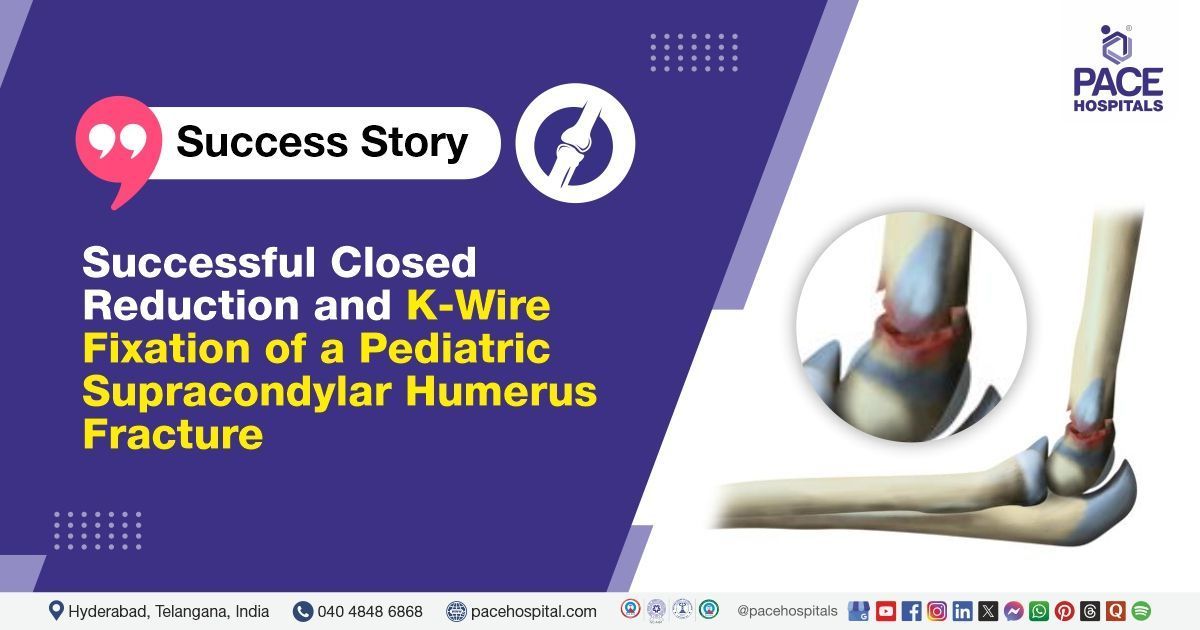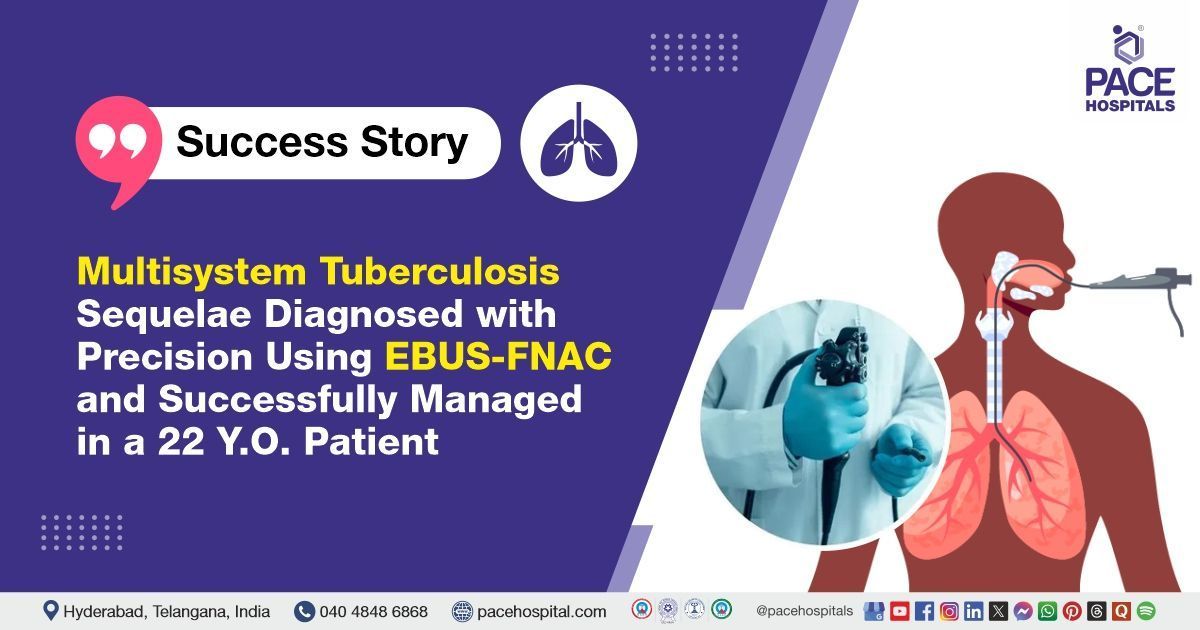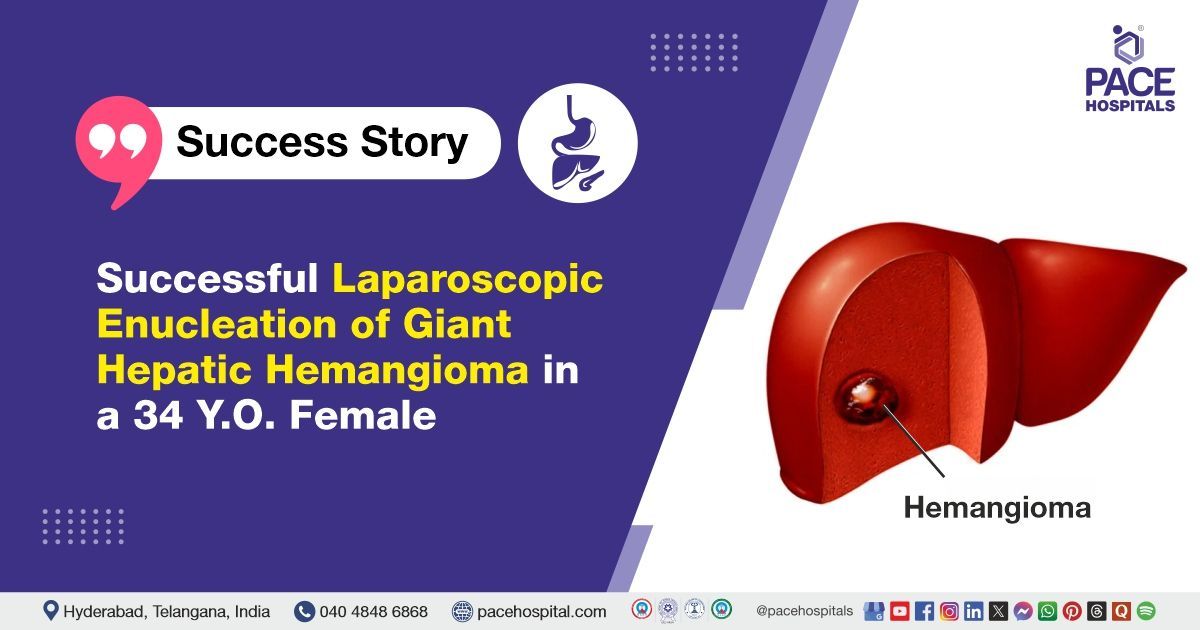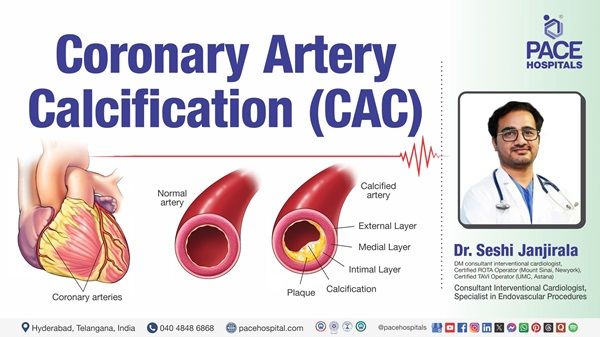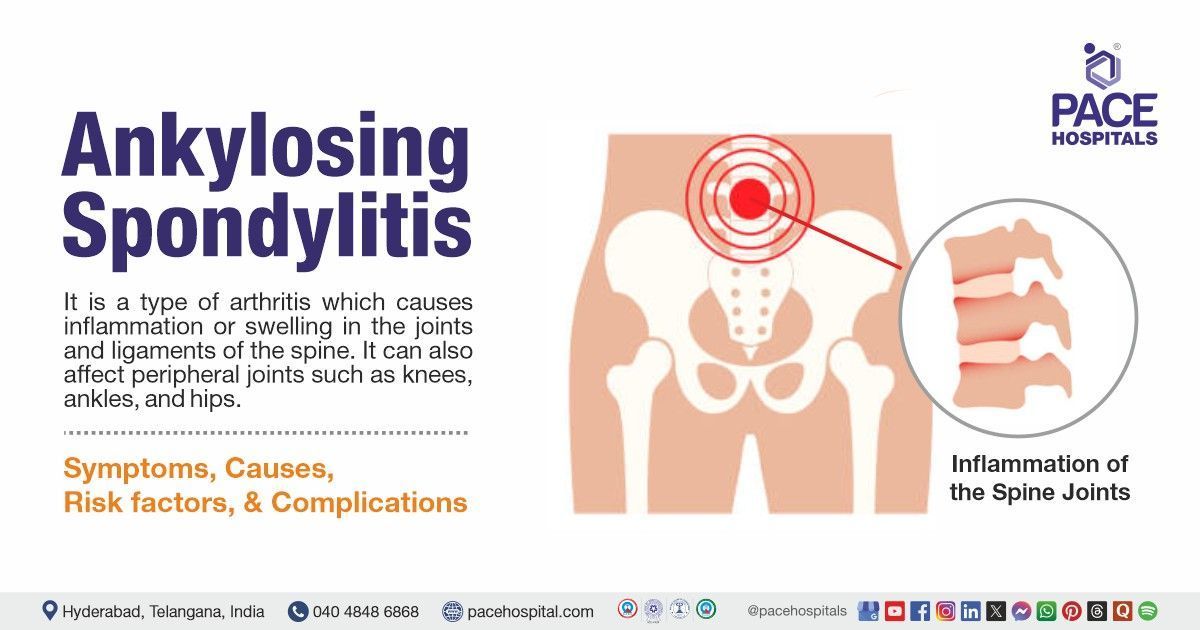Best Knee Replacement Surgeons in Hyderabad for Advanced Knee Care
✅ Recommended by 8,925 Happy Patients. Get hassle-free appointments with knee replacement doctor.
Dr. Anand Agroya
MBBS, D.Ortho, Fellow in Joint Replacement, Arthroscopy & Sports Medicine
Experience : 15+ years
Senior Orthopaedic Consultant, Trauma Surgeon & Sports Medicine Specialist | Expert in Knee & Joint Replacement & Arthroscopy Surgery
Specialist
Specialist in advanced orthopedic care and sports injury management, focusing on knee and joint replacement, arthroscopy surgery, ligament reconstruction, fracture management, cartilage preservation, and joint restoration techniques.
Expertise
Knee & Joint Replacement
- Total Knee Replacement (TKR)
- Partial Knee Replacement (PKR)
- Robotic-Assisted Knee Replacement
- Revision Knee Replacement Surgery
Arthroscopy & Ligament Reconstruction
- ACL & PCL Ligament Repair & Reconstruction
- Meniscus Repair & Cartilage Preservation
- Shoulder Arthroscopy & Rotator Cuff Repair
Fracture Management & Trauma Care
- Expert in treating complex fractures & orthopedic trauma cases
- Minimally invasive techniques for faster recovery
Sports Injury Prevention & Rehabilitation
- Comprehensive treatment for sports-related injuries
- Personalized rehabilitation programs for athletes & active individuals
Joint Preservation & Cartilage Restoration
- Advanced joint preservation techniques to delay or prevent joint replacement
- Cartilage restoration for improved mobility & long-term joint health
Consultation Details
Timing:
Mon to Sat - 10AM to 1:30PM & 6:30PM to 7:30PM
Location:
PACE Hospitals, Hitech City
Dr. Raghuram
MBBS, DNB ORTHO, Fellowship in Joint Replacement and Arthroscopy, Fellowship in Shoulder and Upper limb, Sports medicine and Replacement
Experience : 10+ years
Orthopaedic Consultant, Trauma, Shoulder and Knee Arthroscopic Surgeon, Hip and Knee Joint Replacement Specialist
Specialist
Specialist in diagnosing, managing, and treating a wide range of orthopedic conditions, including complex and failed trauma cases, non-union and malunion fractures, joint replacements, revision surgeries, geriatric trauma, spine disorders, foot and ankle conditions, knee and shoulder pain, sports injuries, and arthritis.
Expertise
Joint Replacement Surgery
- Total Knee Replacement (TKR) & Total Hip Replacement (THR)
- Partial Knee Replacement (PKR)
- Revision Knee & Hip Replacement Surgeries
- Minimally Invasive Joint Replacement Techniques
Arthroscopy & Ligament Reconstruction
- Anterior Cruciate Ligament (ACL) Reconstruction
- Posterior Cruciate Ligament (PCL) & Medial Collateral Ligament (MCL) Repair
- Shoulder Arthroscopy & Shoulder Arthroplasty
- Meniscal & Cartilage Injury Management
Trauma & Fracture Management
- Complex & Failed Trauma Surgeries
- Non-Union & Malunion Fractures
- Geriatric Trauma & Revision Surgeries
Sports Injury & Rehabilitation
- Comprehensive treatment for sports-related injuries
- Shoulder Ligament & Cartilage Injury Treatment
Consultation Details
Timing:
Mon to Sat - 10AM to 7PM
Location:
PACE Hospitals, Hitech City & Madeenaguda
Top Rated Knee Replacement Surgeons in Hyderabad for Expert Knee Care
PACE Hospitals is recognized for having one of the best knee replacement doctors in Hyderabad, Telangana, India, renowned for expertise in minimally invasive knee joint replacement surgeries for faster recovery and long-term success.
Our dedicated best-rated knee replacement surgeons in Hyderabad, India, possess extensive experience in the diagnosis and comprehensive management of a spectrum of knee conditions, including debilitating knee osteoarthritis, progressive degenerative joint diseases, and intricate knee injuries. We prioritize a patient-centric approach, leveraging advanced medical expertise to deliver personalized care. To ensure optimal patient outcomes, PACE Hospitals is equipped with cutting-edge diagnostic and surgical technologies. This includes state-of-the-art diagnostic tools, laser and laparoscopic systems for precise interventions, robotic-assisted technology for enhanced surgical accuracy, advanced 3D imaging for detailed anatomical visualization, and a suite of precision surgical instruments. This technological sophistication allows our knee joint replacement surgeons to accurately and swiftly identify the root causes of knee problems, such as severe arthritis, complex ligament damage, and cartilage deterioration. Based on these precise diagnoses, we develop tailored treatment plans that address the unique requirements of each patient, aiming to restore mobility and improve quality of life.
Top 5 Mistakes to avoid after Knee Joint Replacement Surgery
Recovering from knee replacement surgery requires patience, care, and adherence to medical advice. Avoiding these common mistakes can help ensure a smooth recovery and long-term success.
1. Skipping Physical Therapy & Exercise
🚫 Mistake: Ignoring physiotherapy or skipping prescribed exercises.
✅ Solution: Regular physical therapy is crucial for regaining strength, flexibility, and mobility in the knee joint.
2. Neglecting Pain Management
🚫 Mistake: Not taking prescribed pain medications or over-relying on them.
✅ Solution: Follow the doctor’s recommendations and use ice therapy, elevation, and gentle movement to reduce swelling and discomfort.
3. Overexerting the Knee Too Soon
🚫 Mistake: Engaging in high-impact activities like running, jumping, or lifting heavy weights too early.
✅ Solution: Stick to low-impact exercises such as walking, swimming, or cycling as per the doctor’s advice.
4. Ignoring Dietary & Lifestyle Recommendations
🚫 Mistake: Consuming inflammatory foods or gaining excess weight, which can put stress on the new knee joint.
✅ Solution: Follow a nutritious diet rich in protein, calcium, and vitamins to support healing and joint health.
5. Poor Posture & Improper Walking Technique
🚫 Mistake: Walking with a limp or maintaining poor posture due to fear of pain.
✅ Solution: Use assistive devices like a walker or cane initially and practice proper walking techniques to prevent strain.
By avoiding these common post-surgery mistakes, you can ensure a faster recovery and better long-term results after knee replacement surgery. For expert guidance and advanced treatment, consult the best knee joint replacement surgeon in Hyderabad, India at PACE Hospitals, ensuring a safe, effective, and long-lasting recovery.
Frequently Asked Questions (FAQs) on Knee replacement surgery
What is minimally invasive knee replacement surgery?
Minimally invasive surgery involves a smaller cut (incision) than traditional total knee replacement. This kind of surgery often requires the use of specialized instruments to allow the surgical team to view and perform the procedure through the smaller incision.
What is the recovery time after knee replacement surgery?
A knee replacement may require several months or more of recovery time, depending on the age and overall health of the patient. A partial knee replacement is expected to require less time to recover than a total knee replacement. To have a good recovery, patients should follow the hospital's recommendations on how to care for their knee.
What is the success rate of knee replacement surgeries?
Multiple studies and articles have shown that the success rate for knee replacement surgery in India exceeds 90%. This indicates that about 9 out of every 10 patients who receive this kind of surgery report significant improvements in knee function and pain relief.
Can previous knee surgeries affect the eligibility for a knee replacement?
Previous knee surgery has not shown any significant effect on the patient's pre-operative clinical evaluations or body mass index (BMI). Patients with a history of knee surgery tend to undergo TKA at a much younger age (6.6 years on average). Patients with a history of knee surgery had similar postoperative outcome scores to those who had not previously had knee surgery.
What are the long-term benefits of knee replacement?
Total knee replacement provides significant intermediate and long-term improvements in terms of both disease-specific and overall health-related quality of life, particularly pain and function, resulting in high patient satisfaction. Knee replacement surgery is intended to provide long-term pain relief and functional restoration.
What are the different types of knee replacement surgeries?
Knee replacement surgery is performed to relieve pain and restore function in patients with severe knee joint damage. The type of surgery depends on the severity of the condition, patient health, and the surgeon’s recommendation.
- Total Knee Replacement (TKR): This procedure involves replacing the entire knee joint with artificial implants. It is ideal for patients with severe arthritis or extensive joint damage and provides long-term pain relief with improved mobility.
- Partial Knee Replacement (PKR) / Unicompartmental Knee Replacement: In this surgery, only the damaged portion of the knee is replaced while preserving the healthy tissue. It is suitable for patients with localized knee damage and offers benefits such as faster recovery, less bone removal, and reduced post-operative pain.
- Kneecap Replacement (Patellofemoral Arthroplasty): This procedure focuses on replacing only the patella (kneecap) and its groove. It is recommended for patients with arthritis limited to the front part of the knee. This approach is less invasive, has a shorter recovery time, and preserves most of the knee joint.
- Revision Knee Replacement (Complex Knee Replacement): If a previous knee replacement has failed due to wear, infection, or implant failure, this surgery is performed to correct or replace the damaged implant. It helps restore joint function and prolongs the lifespan of the artificial knee.
- Robotic-Assisted Knee Replacement: This advanced, minimally invasive technique uses robotic technology to ensure precise implant placement. It is beneficial for patients requiring high-precision knee replacement, leading to higher accuracy, reduced tissue damage, faster recovery, and long-term success.
- Bilateral Knee Replacement: For patients suffering from severe arthritis in both knees, this procedure replaces both knee joints. It can be done in a single-stage surgery (both knees replaced at the same time) or a staged approach (one knee replaced at a time), depending on patient needs and recovery goals.
At PACE Hospitals, the
best doctor for knee replacement in Hyderabad, Telangana, India, offer personalized treatment plans and utilize advanced technology to achieve the best possible outcomes for knee joint replacement surgery.
How long does a knee replacement last?
A knee replacement may not last forever. After 15 to 20 years, the artificial knee components may become loose or worn. If this occurs, patients may require another surgery on the same knee.
How long will one need physical therapy after a knee replacement?
The specific length of physical therapy varies considerably between patients. However, patients can use the typical range as a guideline. Physical therapy after knee replacement typically takes from two to four months. After this period, people should stick to their physical activity plan for a few more months.
Can one undergo knee replacement surgery on both knees at the same time?
Yes, both knees can be replaced at the same time using a surgery termed simultaneous bilateral total knee replacement (BTKR). Simultaneous bilateral total knee arthroplasty (BTKA) provides several advantages, including one-time surgery and anesthesia, symmetrical rehabilitation for both knees and cheaper hospital bills.
What kind of implant or prosthesis is used in knee replacement?
The surgeon will remove the damaged areas of the knee joint and resurface them with the prosthesis. The knee prosthesis typically consists of both metal and plastic. Cemented prostheses are the most frequent type of artificial knee prosthesis, while uncemented prosthetics are no longer widely utilized.
What is robotic-assisted knee replacement?
Robot-assisted total knee arthroplasty (TKA) is a surgical method that uses robots to improve the precision of knee replacement surgery. It has been implemented into healthcare services around the world to enhance clinical results for patients; however, limited high-quality data shows that it is clinically or cost-effective. Robotic arm systems may increase surgical accuracy, leading to less pain, better function, and reduced overall cost of total knee replacement (TKR) surgery.
Can chronic knee instability lead to a recommendation for knee replacement?
Yes, chronic knee instability can be a factor in considering knee replacement surgery. Instability of the knee may be caused by untreated ligament injuries, patellar instability, and knee osteoarthritis. These conditions can all contribute to knee instability.
Is there a specific stage of arthritis that typically prompts surgery?
Surgery is rarely required in the initial stages of inflammatory
arthritis, but it may be considered in patients with persistent deformities caused by underlying chronic autoimmune inflammatory arthropathies like rheumatoid arthritis.
Are there specific criteria to be considered a candidate for knee replacement?
The majority of criteria for knee replacement surgery include three domains: pain, function, and radiological defects. One criterion is that the pain cannot be relieved by conservative treatment.
Are there specific health conditions that can prevent one from having knee replacement?
Obesity and advanced age are not contraindications to knee replacement surgery; nevertheless, obese individuals may have a higher risk of delayed wound healing and perioperative infection. Severe peripheral vascular disease and severe neurological deficits are considered relative contraindications for knee replacement.
Can rheumatoid arthritis or other autoimmune diseases contraindicate surgery?
Recent research has demonstrated that individuals with autoimmune rheumatic diseases, including rheumatoid arthritis (RA) and systemic lupus erythematosus (SLE), are more likely to develop infections following surgery. The majority of evidence comes from joint replacement surgery studies. Immunosuppression, disease activity, comorbidities, demographics, surgeon, and hospital volume are all relevant factors affecting postoperative infection risk.
Are there any tests or evaluations that determine if a candidate is good for knee replacement surgery?
Dieppe et al. reported in 1999 that there was no evidence-based reasons for total Knee Replacement in individuals with osteoarthritis. They found three studies that reporting indications for TKR based on a majority. They noted that daily pain, radiographic evidence of joint space loss, severity of functional impairment, and high patient motivation for undergoing surgery were all criteria for TKR.
How long is the typical hospital stay after knee replacement surgery?
Most people can leave the hospital within one to three days after their surgery. Before patients go home, a physiotherapist or occupational therapist will discuss how to manage everyday tasks and home exercise routines. Following these exercises early in the recovery process will improve the knee's long-term strength and movement.
What types of tests or imaging might be done post-surgery while in the hospital?
Most patients do not require any imaging tests after discharge, except for X-rays at their first postoperative follow-up consultation. Pain symptoms following surgery can be caused by infection, loosening of joint replacement components, a response to the replacement lining, or a fracture, among other factors. The ideal examination in this circumstance is an X-ray that can locate loosening or fluid. An MRI without contrast or ultrasonography may be recommended if a soft tissue abnormality is suspected (e.g., tendon, muscle injury, or nerve compression).
How do I book a consultation with a knee replacement doctor in Hyderabad at PACE Hospitals?
You can book a consultation with a knee joint replacement surgeon at PACE Hospitals through the following methods:
- Call Us: Contact our helpline no 04048486868 to schedule an appointment with our best knee replacement doctor in Hyderabad, Telangana, India.
- Online Booking: Use the online appointment booking feature and fill your details.
- WhatsApp Support: Reach out via WhatsApp on +918977889778 for quick assistance.
- Walk-in Consultation: Visit your nearest PACE Hospitals branch for an in-person appointment with our specialists.
What is the success rate of knee replacement surgery at PACE Hospitals?
At PACE Hospitals, the success rate of knee replacement surgery is over 95%, with most patients experiencing significant pain relief, improved mobility, and enhanced quality of life.
Our top-rated knee replacement surgeons in Hyderabad, Telangana, India, utilize advanced robotic-assisted and minimally invasive techniques, ensuring precision, faster recovery, and long-term durability of the implants. With state-of-the-art technology, personalized rehabilitation programs, and comprehensive post-operative care, we strive to achieve the best possible outcomes for patients undergoing total, partial, or revision knee replacement surgery.
Do you provide free online doctor consultations in Hyderabad, India with a knee replacement doctor?
Yes, PACE Hospitals offers
free online and offline doctor consultations with best rated knee replacement surgeons for Teachers, Police, and Army Officials. Our orthopedic specialists provide expert guidance, second opinions, and personalized treatment plans for knee pain, arthritis, and
knee replacement surgery.
- Consult top knee replacement surgeons in Hyderabad for free
- Evaluation of knee pain & treatment options
- Medical second opinions for knee surgery
- Advanced facilities & minimally invasive techniques
📞 Call: 04048486868 or 💬 WhatsApp: +918977889778. 📅 Book your free knee consultation today!
Google Reviews
Experts perspective
Related resources
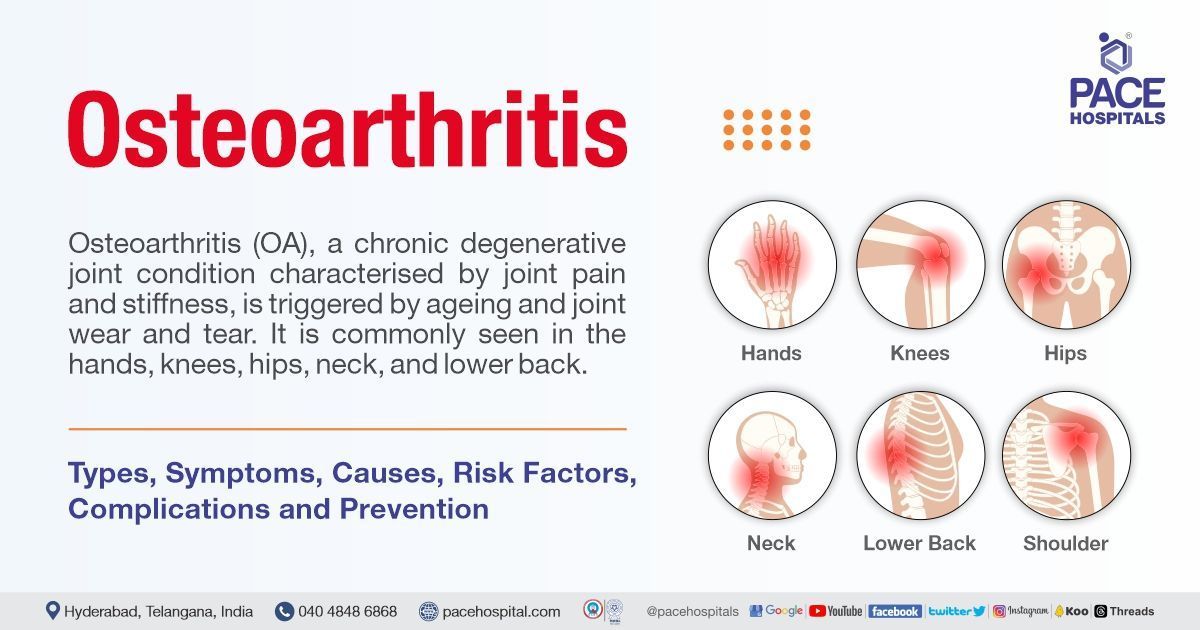
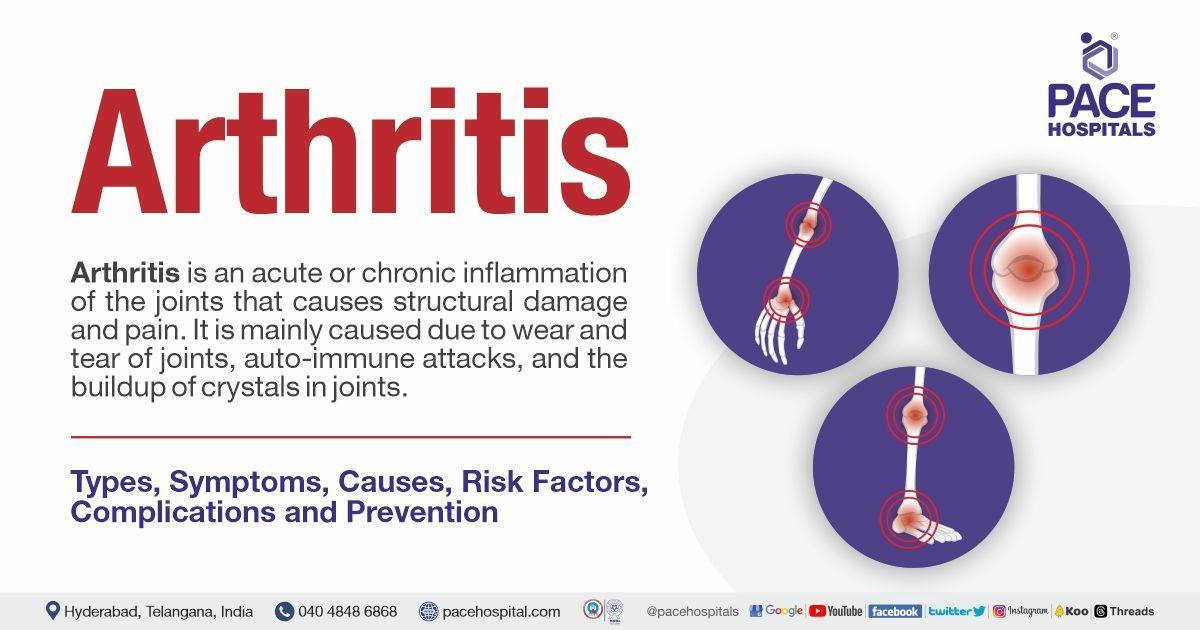
Why choose PACE Hospitals?
- A Multi-Super Speciality Hospital.
- NABH, NABL, NBE & NABH - Nursing Excellence accreditation.
- State-of-the-art Liver and Kidney transplant centre.
- Empanelled with all TPAs for smooth cashless benefits.
- Centralized HIMS (Hospital Information System).
- Computerized health records available via website.
- Minimum waiting time for Inpatient and Outpatient.
- Round-the-clock guidance from highly qualified super specialist doctors, surgeons and physicians.
- Standardization of ethical medical care.
- 24X7 Outpatient & Inpatient Pharmacy Services.
- State-of-the-art operation theaters.
- Intensive Care Units (Surgical and Medical) with ISO-9001 accreditation.
Share on
Request an appointment
Fill in the appointment form or call us instantly to book a confirmed appointment with our super specialist at 04048486868





